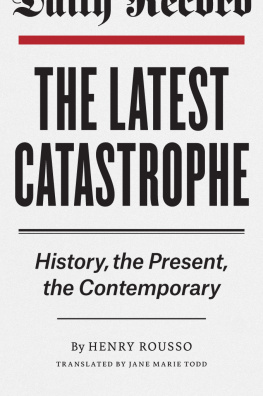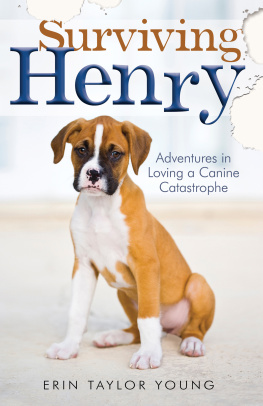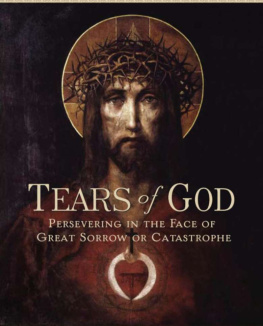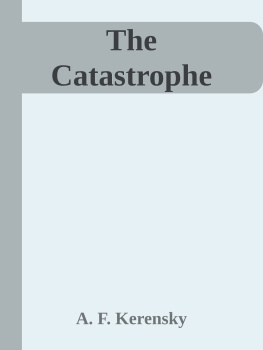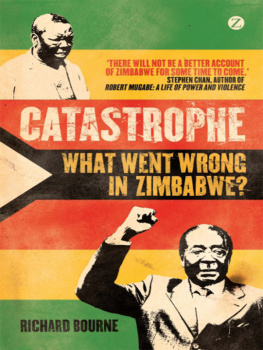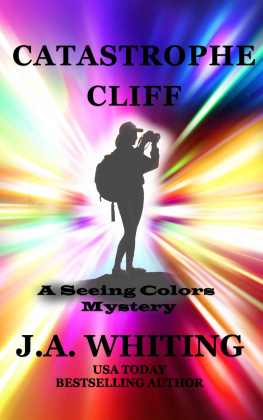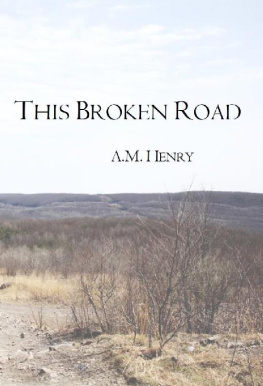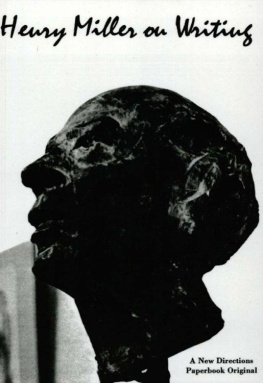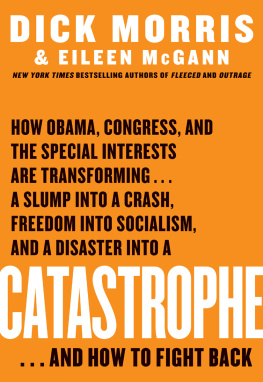Henry Rousso - The Latest Catastrophe
Here you can read online Henry Rousso - The Latest Catastrophe full text of the book (entire story) in english for free. Download pdf and epub, get meaning, cover and reviews about this ebook. year: 2016, publisher: University of Chicago Press, genre: Art. Description of the work, (preface) as well as reviews are available. Best literature library LitArk.com created for fans of good reading and offers a wide selection of genres:
Romance novel
Science fiction
Adventure
Detective
Science
History
Home and family
Prose
Art
Politics
Computer
Non-fiction
Religion
Business
Children
Humor
Choose a favorite category and find really read worthwhile books. Enjoy immersion in the world of imagination, feel the emotions of the characters or learn something new for yourself, make an fascinating discovery.
- Book:The Latest Catastrophe
- Author:
- Publisher:University of Chicago Press
- Genre:
- Year:2016
- Rating:5 / 5
- Favourites:Add to favourites
- Your mark:
- 100
- 1
- 2
- 3
- 4
- 5
The Latest Catastrophe: summary, description and annotation
We offer to read an annotation, description, summary or preface (depends on what the author of the book "The Latest Catastrophe" wrote himself). If you haven't found the necessary information about the book — write in the comments, we will try to find it.
The Latest Catastrophe — read online for free the complete book (whole text) full work
Below is the text of the book, divided by pages. System saving the place of the last page read, allows you to conveniently read the book "The Latest Catastrophe" online for free, without having to search again every time where you left off. Put a bookmark, and you can go to the page where you finished reading at any time.
Font size:
Interval:
Bookmark:
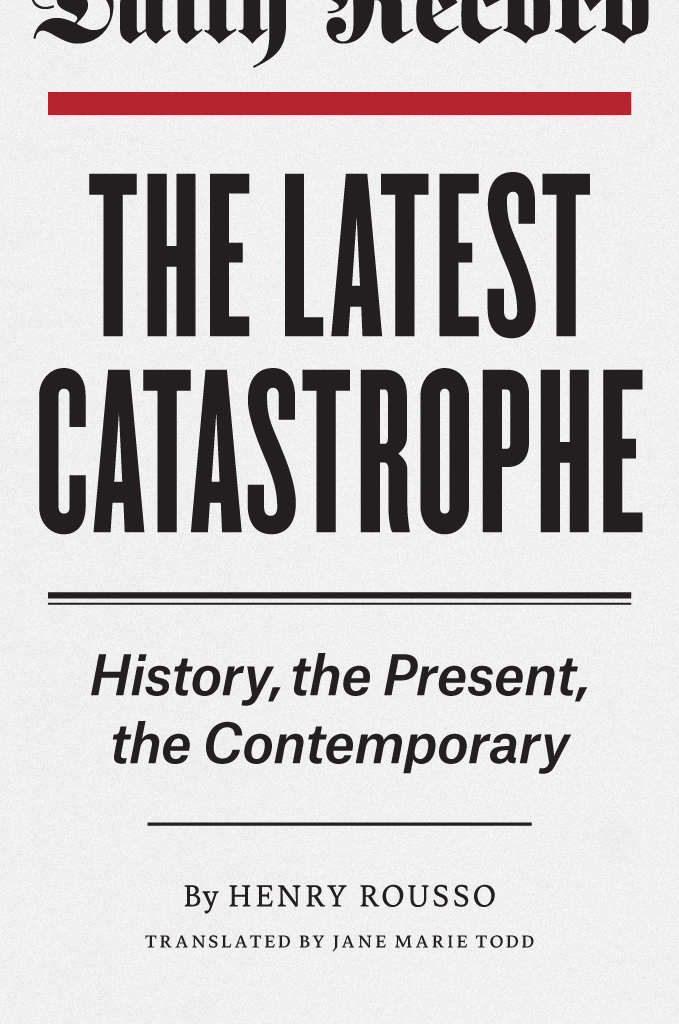
HENRY ROUSSO
Translated by Jane Marie Todd
The University of Chicago Press
CHICAGO AND LONDON
The University of Chicago Press gratefully acknowledges the generous support of the France Chicago Center toward the translation and publication of this book.
HENRY ROUSSO is a senior researcher with the Institut dhistoire du temps prsent at the Centre national de la recherche scientifique in Paris. JANE MARIE TODD is the translator of many books.
The University of Chicago Press, Chicago 60637
The University of Chicago Press, Ltd., London
2016 by The University of Chicago
All rights reserved. Published 2016.
Printed in the United States of America
Originally published as La dernire catastrophe: Lhistoire, le prsent, le contemporain. ditions Gallimard, Paris, 2012.
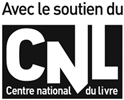
www.centrenationaldulivre.fr
Publication of this book has been aided by a grant from CNL.
25 24 23 22 21 20 19 18 17 16 1 2 3 4 5
ISBN -13: 978-0-226-16506-6 (cloth)
ISBN -13: 978-0-226-16523-3 (paper)
ISBN -13: 978-0-226-16537-0 (e-book)
DOI : 10.7208/chicago/9780226165370.001.0001
Library of Congress Cataloging-in-Publication Data
Rousso, Henry, 1954 author.
[Dernire catastrophe. English]
The latest catastrophe : history, the present, the contemporary / Henry Rousso ; translated by Jane Marie Todd.
pages cm
Originally published as La dernire catastrophe : lhistoire, le prsent, le contemporain. ditions Gallimard, Paris, 2012Title page verso.
Includes bibliographical references and index.
ISBN 978-0-226-16506-6 (cloth : alkaline paper) ISBN 978-0-226-16523-3 (paperback : alkaline paper) ISBN 978-0-226-16537-0 (e-book) 1. Historiography. 2. History, ModernHistoriography. 3. HistoryPhilosophy. I. Todd, Jane Marie, 1957 translator. II. Title.
D 16.8. R 87213 2016
907.2dc23
2015028395
 This paper meets the requirements of ANSI/NISO Z 39.48-1992 (Permanence of Paper).
This paper meets the requirements of ANSI/NISO Z 39.48-1992 (Permanence of Paper).
In memory of Peter Novick
You Werent There!
Contemporaneity in the Past
War and the Time After
Contemporaneity at the Heart of Historicity
Our Time
In the Face of the Tragic
This book was a long time coming to fruition, and it is therefore impossible to cite here all those who contributed to my thinking at one moment or another. The Institut dHistoire du Temps Prsent (IHTP) has always been my intellectual and professional environment, and I am grateful in the first place to its founder, Franois Bdarida, who died prematurely and whose memory I associate with that of Michael Pollak, Michel Trebitsch, and Karel Bartosek, all of whom also passed away too soon. I would also like to mention Marianne Ranson, who was there from the beginning, as well as Robert Frank, Denis Peschanski, Jean-Pierre Rioux, and Danile Voldman, in memory of the early days, in addition to Jean Astruc, Gabrielle Muc, Anne-Marie Path, and lonore Testa. In the writing phase these last few years, I have benefited from day-to-day exchanges with Christian Ingrao, the current director of the IHTP, Fabrice dAlmeida, Vincent Auzas, Alain Bancaud, Rmy Besson, Anne Boigeol, Olivier Bttner, Juliette Denis, Catherine Hass, Anne Kerlan, Anne Protin-Dumon, Malika Rahal, and Fabien Thofilakis. My thanks to Caroline Chanteloup, Valrie Hugonnard, Morgane Jouve, Nicolas Schmidt, and Boris Videmann for their assistance.
For our many discussions about the practice of history, I owe a special debt of gratitude to Christian Delage and Peter Schttler. Also to Christian Delacroix, Franois Dosse, and Patrick Garcia (who was kind enough to read through the manuscript); their seminar on historiography provided fertile soil for this books development.
I have benefited greatly from the close and regular ties with my friends at the European Network for Contemporary History (EURHISTXX), which I coordinate within the CNRS: Peter Apor, Paolo Capuzzo, Martin Conway, Norbert Frei, John Horne, Constantin Iordachi, Michael Kopecek, Konrad Jarausch, Pieter Lagrou, Marie-Claire Lavabre, Thomas Lindenberger, Guillaume Mouralis, Peter Romijn, Mariuccia Salvati, and Dariusz Stola.
Then, too, I would like to mention a few people who directly or indirectly contributed to this book: in the first place, Stphane Audoin-Rouzeauwho was also kind enough to be one of its first readersand Annette Becker, with whom (along with Nicole Edelman) I have long conducted a seminar at the Universit de Nanterre. My thanks as well to Marc Abels, Ora Avni, Jean-Pierre Azma, Franois Azouvi, Omer Bartov, Leora Bilsky, Nathan Bracher, Bruno Chaouat, Myriam Chimnes, Jean-Marc Coicaud, ric Conan, Olivier Dumoulin, Marc Ferro, tienne Franois, Valeria Galimi, Antoine Garapon, Richard J. Golsan, Franois Hartog, Gerhard Hirschfeld, Bogumil Jewsiewicki, Alice Kaplan (who helped me so much for the American edition), Gerd Krumeich, Grard Lenclud, Jocelyn Ltourneau, Michael R. Marrus, Bertrand Muller, Pierre Nora, Michel Offerl, Pascal Ory, Robert O. Paxton, Philippe Petit, Krzysztof Pomian, Rene Poznanski, Donald M. Reid, Philippe Roussin, Jean-Franois Sirinelli, Zeev Sternhell, Benjamin Stora, Susan Suleiman, Nicolas Werth, and Eli Zaretski.
I also wish to express my gratitude to Francis Hofstein, with whom I was able to find a few words to express the weight of the past.
Finally, to Hlne, who suffered stoically through the ordeal of a constantly unfinished book, and to Linda, because the future is not only an illusion of yesteryear.
The scene: the Institut dHistoire du Temps Prsent (Institute of History of the Present Time), a unit of the Centre National de la Recherche Scientifique (CNRS). On that day in 1989, the director, Franois Bdarida, was presiding at a meeting devoted to preparations for an international colloquium to be held the next year on the Vichy regime and the French. A disagreement over content arose between him and two young researchers: the first was Denis Peschanski; I was the other. A renowned historian, the sixty-three-year-old Bdarida had lived through the Occupation as a student and Resistance fighter in the Tmoignage Chrtien movement. Peschanski and I were both thirty-five and had committed ourselves to that institution, created a decade earlier to organize and develop a historiography of the contemporary. The discussion became heated, and tensions mounted. Suddenly, Bdarida exclaimed with authority and a touch of annoyance: You didnt live through that period, you cannot understand! An abrupt silence fell, the participants hesitating between laughter and astonishment.
And yet there was nothing unusual about that remark in a laboratory where different generations worked side by side. Researchers who as adolescents or adults had lived through Nazism, World War II, decolonization, Stalinism, or the barricades of spring 1968all episodes that, among others, formed the object of the institutes research during that periodsometimes clashed with younger scholars, whose view of things rarely coincided with their elders experience, even when that experience was reinterpreted through the prism of a historians work. On that day, however, Bdaridas reaction hit me hard. I suddenly found it out of place, almost absurd, given that not having been part of it was in principle a characteristic proper to the historian. But the remark seemed all the stranger in that it resounded in a place that had taken up the task of working on the near past, defending the idea that such work was not only possible but also necessary at a scientific, political, and ethical level. And the foremost trait of the near past is precisely the presence of actors who have lived through the events the historian is studying and may be able to bear witness to them, to engage in a dialogue with younger people regarding already relatively distant episodes. Historians of the present time, if they have not directly experienced everything within their field of observation, can at least speak with those who have. They are witnesses to the witness. Historians may even be the first to speak to the witness, if they have taken the initiative to question him or her; or they may be the last to have been able to speak to the witness while he or she was still alive. Bdaridas reaction therefore made complete sense: of the historians present, he was the only one to have actually lived through the events under discussion and thus had an apparent advantage over everyone else, to which he laid claim and which he intended to make known.
Font size:
Interval:
Bookmark:
Similar books «The Latest Catastrophe»
Look at similar books to The Latest Catastrophe. We have selected literature similar in name and meaning in the hope of providing readers with more options to find new, interesting, not yet read works.
Discussion, reviews of the book The Latest Catastrophe and just readers' own opinions. Leave your comments, write what you think about the work, its meaning or the main characters. Specify what exactly you liked and what you didn't like, and why you think so.

